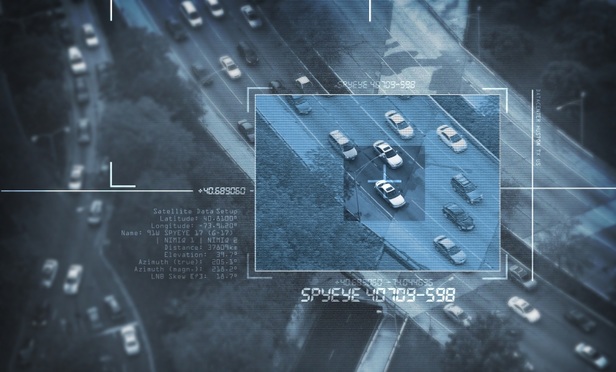First, it was phone tapping, then computer hacking and identity theft. Now, the electronic fear du jour is car hacking. As our cars are powered by ever-increasing numbers of computers and software programs, and as automakers promote connectivity (from traffic-monitoring apps to mobile phone synchronization and collision avoidance systems), alarms have been raised about the possibility of hackers obtaining access to a car’s computers. One particularly bleak scenario involves hackers wreaking havoc on self-driving cars, whose hapless passengers won’t even have time to grab the steering wheel before their four-wheeled mobile devices engage rampage mode.
While nothing like this has happened in real life, researchers (including two individuals funded by DARPA for a 2013 study) have been able to access a vehicle’s computer systems using a laptop and, reportedly, obtain control of the vehicle’s steering, brakes, engine, and other components. While conducted in a controlled environment, these experiments caught the attention of Washington, D.C. and the media. A report released last month by U.S. Senator Ed Markey’s office, “Tracking & Hacking: Security & Privacy Gaps Put American Drivers at Risk,” mentions those experiments and concludes that no major auto manufacturer is properly prepared to handle the hacking and data privacy risks posed by existing and forthcoming automotive technology. Yet the report also noted that none of the automakers questioned by Markey had received any indications of hacking or attempted hacking in the real world. Is car hacking the next great security threat, or much ado about nothing?
This content has been archived. It is available through our partners, LexisNexis® and Bloomberg Law.
To view this content, please continue to their sites.
Not a Lexis Subscriber?
Subscribe Now
Not a Bloomberg Law Subscriber?
Subscribe Now
LexisNexis® and Bloomberg Law are third party online distributors of the broad collection of current and archived versions of ALM's legal news publications. LexisNexis® and Bloomberg Law customers are able to access and use ALM's content, including content from the National Law Journal, The American Lawyer, Legaltech News, The New York Law Journal, and Corporate Counsel, as well as other sources of legal information.
For questions call 1-877-256-2472 or contact us at [email protected]



